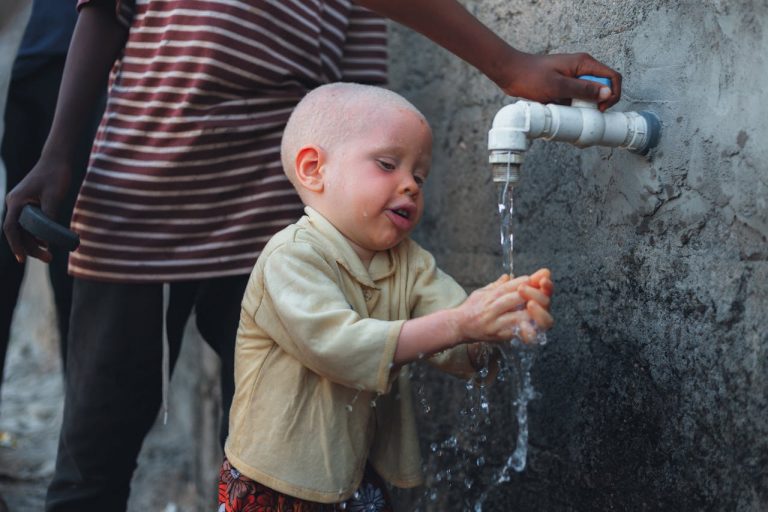The Unseen Ingredients in Our Health
Racism is more than just hateful words or acts — it’s a system. A system that, as PubMed put it in a 2015 article, creates avoidable and unfair inequalities in power, resources, capacities, and opportunities across racial or ethnic groups (PubMed, 2015). It manifests not only in how people are treated in hospitals or clinics, but in whether they even have access to clean water, safe neighborhoods, or decent food.
As a physician, I see this every day — how racism and poverty intersect to shape a patient’s health. Chronic illnesses like diabetes, hypertension, and depression aren’t just about genetics. They’re often about geography. About stress. About survival.
Cheap to Eat Poorly, Expensive to Eat Well
I remember telling my sisters once: It’s so cheap to eat unhealthy in America. And it’s true. You can feed a family at a fast food chain for less than the cost of one organic salad. But when patients live in areas where healthy grocery stores are miles away, and fast food is on every corner, they’re not “choosing” poorly — they’re surviving the only way they can afford.
Sadly, in this system, it feels like sickness is profitable. It’s hard to shake the feeling that insurance companies and pharmaceutical giants benefit more when people are sick. When you’re well, they don’t profit. But when you’re not — business booms.
Look at your own insurance plan sometime. Really study it. Who does it truly serve? Is it designed to support your well-being… or their bottom line?
The Denial of Dignity Through Policy
We see breast cancer patients denied life-saving chemotherapy. Diabetics cut off from their insulin. I’ve seen it. I’ve lived the frustration of fighting insurance companies just to get patients what they need.
And the worst part? The communities affected the most are often those already marginalized. Systemic racism has forced many into under-resourced neighborhoods where even access to fresh food becomes a luxury. When you add that to generational stress, environmental toxins, and unsafe housing — how can we be surprised by the health disparities?
This Isn’t Just Nutrition — It’s Injustice
People aren’t just “making bad choices.” They are trapped in systems that were never built for their health, dignity, or success. It breaks my heart because I know — if many of these patients had better means, more access, more opportunity — they wouldn’t be stuck in these cycles.
It’s not always what we eat. It’s what eats away at us — the stress, the injustice, the hunger not just for food, but for fairness.
Sources:
- PubMed. (2015). Racism as a Determinant of Health: A Systematic Review and Meta-Analysis. https://pmc.ncbi.nlm.nih.gov/articles/PMC4580597/.


